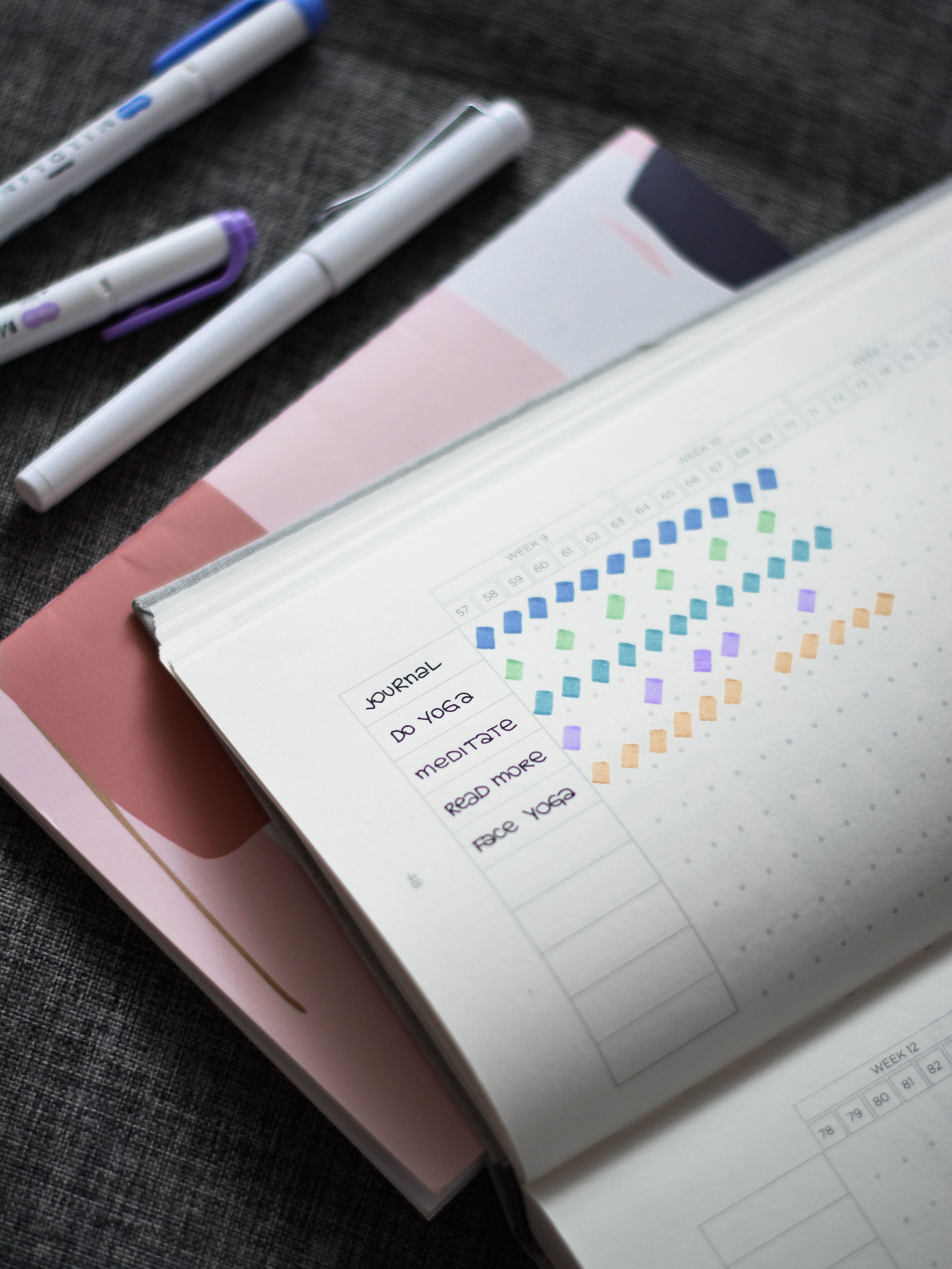Reaction time is defined as the amount of time it takes for a person to detect, process and respond to a certain stimulus. The faster your reaction time is, the better chances you have of getting your desired outcome out of a situation.
How fast one person’s reaction time is may differ from another because it depends on several factors. The ability of the senses to see, hear and feel the stimulus clearly and the ability of the brain to process and make sense of the information received are essential components to having a shorter reaction time. In addition, the ability of the body to physically respond to a stimulus is crucial as well. It can’t all just happen in your head, you have to move.
While reaction time may seem similar to “reflex”, it’s actually not. The difference lies in the intentionality of each action - reaction being voluntary, while reflex being involuntary.
Does it matter?
Absolutely! Whether you’re playing a physical sport, an online game or just basically doing everyday mundane things, your reaction time plays a huge role in getting you from one end of a situation to the other.
Imagine a runner getting ready for a marathon - he’s at the starting line and he hears the gun signaling the runners to start. He hears the stimulus (the sound of the gun), his mind processes that it’s the start of the race, and he signals his legs to get moving. The faster his reaction time is, the sooner he’s off to start.
In addition, the difference between surviving and not surviving a life-threatening situation is only a matter of milliseconds. The quicker you're able to react, the better your chances are of survival.
Although reaction time inevitably increases as you age, there are ways that you can do to decrease it. Whether you want to decrease your reaction time in sports or in your usual everyday life, we’ve rounded out some tips to help you get started:
Practice makes perfect
This might be the most overused saying of all time, but you know that it’s true. And although “perfection” seems a tad extreme as a goal, practice really does wonders to decrease your reaction time.
Although this tip mostly applies to situations that you can recreate over and over like training for sports or online gaming, the skills that you acquire in the process can also help you in other life situations.
Familiarizing yourself with what you’re supposed to do increases your brain’s ability to process the stimulus. Slower reaction time is associated with prior experience and the more exposed you are to a certain situation, the faster you can react.
If you’re training for a sport, try doing a basic technique and then making it more complicated as you go along. The more scenarios you are exposed to, the better you will become in processing unforeseen situations.
Also, make sure to warm up as warmth helps the muscles react faster.
Rest and Relax
If you’re feeling tense, your muscles have a tendency to be tensed and rigid as well. Tensed muscles will be more difficult to move and will definitely add to your response time.
Build a habit of relaxation in your routine. Try setting aside a specific time in a day to meditate - it can be as soon as you wake up or right before you go to bed. Dedicate an undisturbed few minutes when you can quiet down, center your thoughts and calm your mind.
A lot of meditation apps are available with so many resources that you can choose from. You can also try doing yoga as a way relax.
Making sure that you have enough rest and sleep can also help decrease your response time. Obviously, how can you expect to react faster if you can’t even keep your eyes open? A good 7 to 8 hrs of sleep a night will most certainly do your response time, and your body a favor.
Do some brain exercises
Reaction time has a lot to with brain function so it goes without saying that a well performing brain leads to a faster response time. Giving that think tank a good exercise improves your memory, increases your focus and makes you more alert - especially when you need it the most.
Have some downtime while waiting for the last load of laundry to finish? How about grabbing some old fashion puzzles and putting them together? Or maybe playing solitaire on actual playing cards and not on your phone or computer?
Chewing gum is also an effective cognitive activity. Studies show that it increases alertness, reduces occupational stress and sustains attention performance.
You can also try changing up some of your routines and finding ways to improve them. Trying a new route to work, taking a dance class, and learning how to cook are good ways to start.
In conclusion, your reaction time can spell the difference between winning and losing, or sometimes even life and death. While we take every ounce of reasonable precaution and avoid situations that endanger our lives and that of others, it doesn’t hurt to be prepared. Doing the above mentioned tips will help you improve your reaction time so that when it matters, you can be better and do better.
Hero Image by My Life Journal on Unsplash.





















